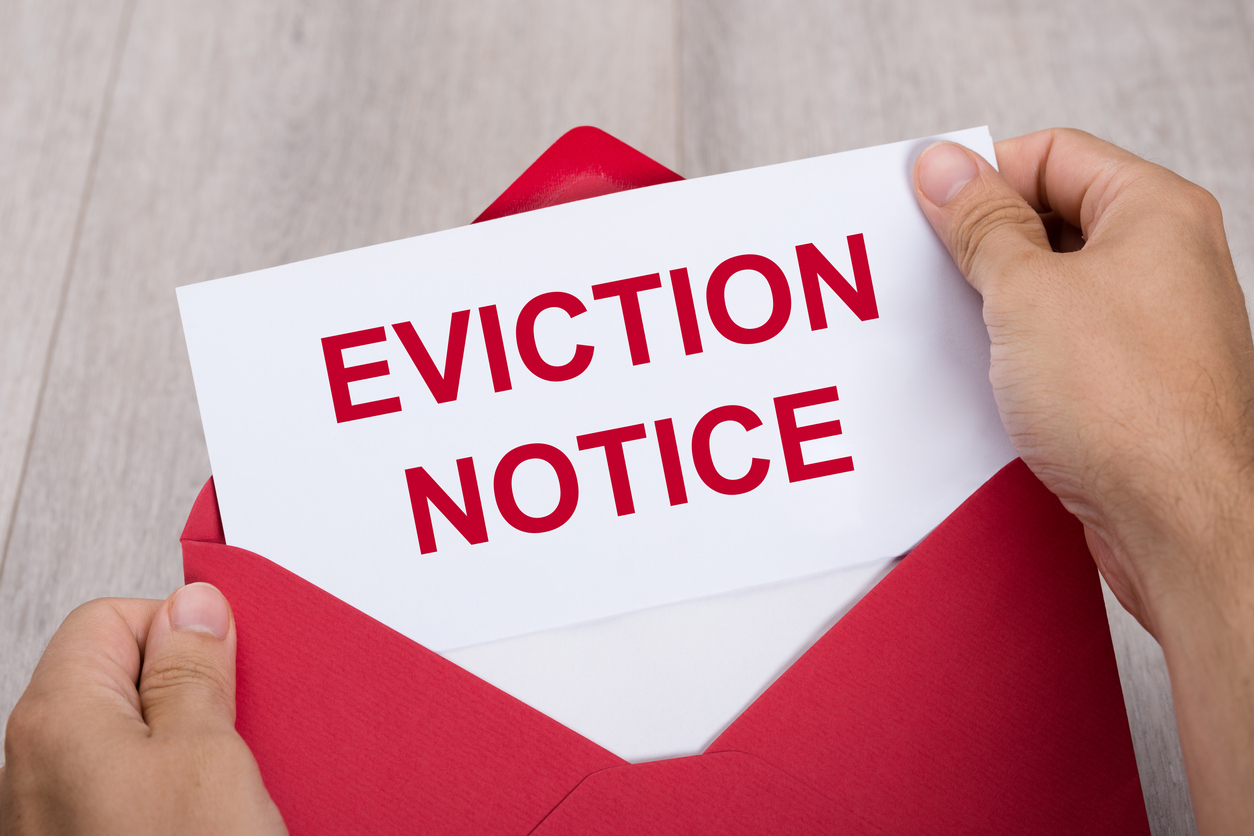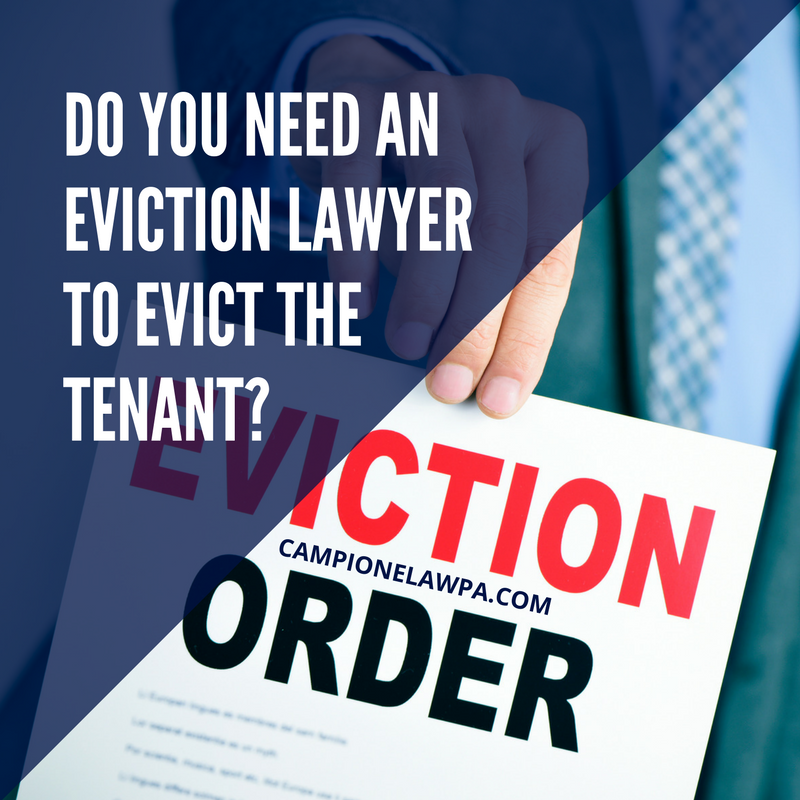A Deep-Dive into Delaware's Eviction Law
A Deep-Dive into Delaware's Eviction Law
Blog Article
As being a landlord or tenant in Delaware, it is crucial to get a good understanding of eviction law. Eviction is a legal approach for taking away a renter from your leasing house, and there are specific regulations into position to protect both tenants and landlords. In this article, we’ll deal with the basic principles of writ of restitution and answer among the most commonly requested inquiries.

Causes of Eviction in Delaware
A landlord can only legally evict a renter should they have a valid explanation, including non-transaction of rent payments, violating the lease agreement, or doing prohibited actions in the house. In case a landlord wishes to evict a renter without having a justified reason, it is deemed an unlawful eviction. In Delaware, a property owner must offer published observe for the renter before filing eviction.
Eviction Process in Delaware
The eviction procedure in Delaware typically begins with a written observe towards the renter. In the event the tenant fails to comply with the notice, the property owner can then file for eviction in the courtroom. The renter will get a the courtroom summons and enjoy the chance to enroll in a hearing to question the eviction. When the courtroom regulations in favor of the landlord, a writ of ownership can be given, and the nearby sheriff will impose the eviction.
Tenant Representation in the court
Renters have the right to lawful representation during an eviction seeing and hearing, and it is suggested which they look for lawful advice before attending. In case a tenant struggles to manage an attorney, they may be able to get totally free or low-price legitimate aid services in Delaware.
Renter Protections in Delaware
Delaware legislation gives specific protections for tenants through the eviction procedure. By way of example, a landlord cannot physically eliminate a tenant or their items through the residence without a courtroom order. Tenants also provide the authority to contest an eviction in court and ask for additional time to leave the properties.
Landlord Commitments in Eviction Circumstances
Landlords in Delaware have a number of obligations throughout the eviction approach. For instance, they have to offer created notice to the tenant before filing eviction and cannot affect the locks or shut off utilities to make the tenant to leave the property. When a property owner violates a tenant’s rights in the eviction process, they may be at the mercy of authorized fees and penalties.

Bottom line:
To summarize, comprehending eviction regulation in Delaware is essential both for property owners and tenants. In case you are a property owner, it’s vital that you keep to the legal process for eviction and make sure that you possess a acceptable reason for doing so. Renters should know about their proper rights during the eviction approach and may wish to search for legitimate representation. By using a fundamental comprehension of eviction legislation in Delaware, each property owners and renters can protect themselves and get away from needless authorized quarrels. Report this page